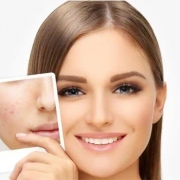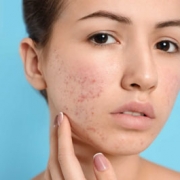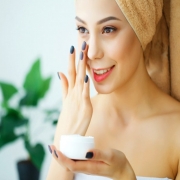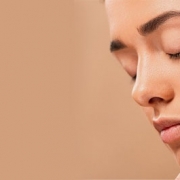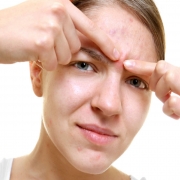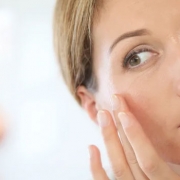The rule of anti biotics in skin care
Antibiotics help stop infections caused by bacteria. They kill the bacteria or by keep them from copying themselves or reproducing. Antibiotics help to slow or stop the growth of harmful bacteria on the skin surface and in the follicles. They may help treat moderate to severe acne, regardless of the underlying cause. They can provide real relief from deep, painful breakouts. There are many types of antibiotics. Each antibiotic works a little differently and acts on different types of bacteria. They help to clear the zits by killing all the bacteria that could cause infections. Antibiotics are usually prescribed in cases of red, painful lesions and pus-filled lesions. They soothe the skin in cases of painful acne.
Topical antibiotics for acne
- Clindamycinl
- erythromycin
They come in many forms, like gels, lotions, and pads. Because they are localized, topical antibiotics dont affect gut flora. They do not cause systemic side effects either.
Oral antibiotics for acne
- Tetracyclines
- Erythromycin
- Trimethroprim
- Cotrimoxazole
- Oral antibiotics yeast infections
- gastrointestinal symptoms
- permanent tooth discoloration
- skin that is more sensitive to UV light
- interactions with other drugs and medications
Side effects
Topical antibiotics do occasionally come with some side effects. They can sometimes cause mild dryness, contact dermatitis due to an allergy and skin flakiness .Oral antibiotics may cause headaches or any signs of an allergic reaction, so you should stop using the antibiotics and see a doctor. You should also be aware that some antibiotics can cause increased sensitivity to the sun, not just on your face but across your entire body.


